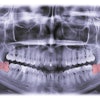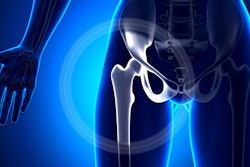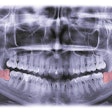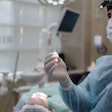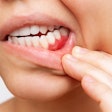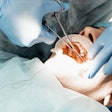The American Academy of Orthopaedic Surgeons (AAOS) and the American Association of Hip and Knee Surgeons (AAHKS) agree with the ADA that invasive dentistry doesn’t cause prosthetic joint infections (PJIs). The commentary was published on July 17 in the Journal of the American Dental Association.
The AAOS-AAHKS’s new clinical guideline also agrees with the ADA’s 2015 guideline, stating that antibiotic prophylaxis is of no benefit in preventing late prosthetic joint infections, the authors wrote.
“We applaud the AAOS and AAHKS for their new guideline and particularly their recognition that the use of AP for invasive dental procedures is unnecessary for patients with prosthetic joints,” wrote the authors, led by Dr. Thomas Paumier, a private practice dentist and faculty member at Cleveland Clinic Mercy Hospital in Canton, OH.
Highlights of the AAOS-AAHKS guideline include that there is no evidence that dental screening or clearance before arthroplasty decreases the risk of prosthetic joint infections, and there is zero proof to support the use of an antiseptic mouthrinse before invasive dental procedures, the authors wrote.
However, the debate continues about several issues, like the timing of arthroplasty after any dental procedure.
Despite a lack of supporting proof, the AAOS-AAHKS guideline recommends delaying arthroplasty for one week after scaling and root planing and for three weeks after an extraction, an oral surgical procedure, or treatment of an acute dental infection, they wrote.
Additionally, controversy remains over the timing of any dental procedure after total joint arthroplasty. The AAOS-AAHKS guideline recommends delaying any dental treatment except for exams that don’t include probing or treating an acute dental infection for three months after total joint replacement.
This recommendation is based on these patients being more susceptible to infection from germs caused by invasive dental care due to a new joint having increased perfusion and blood flow. However, there is no proof to support this recommendation, the authors wrote.
“We hope that they will consider a revision of their final 2 opinion-based recommendations concerning the timing of arthroplasty surgery after any dental procedure and the delaying of dental procedures after joint replacement surgery since these lack supporting evidence, seem illogical, and could adversely affect patient care,” Paumier and colleagues wrote.



